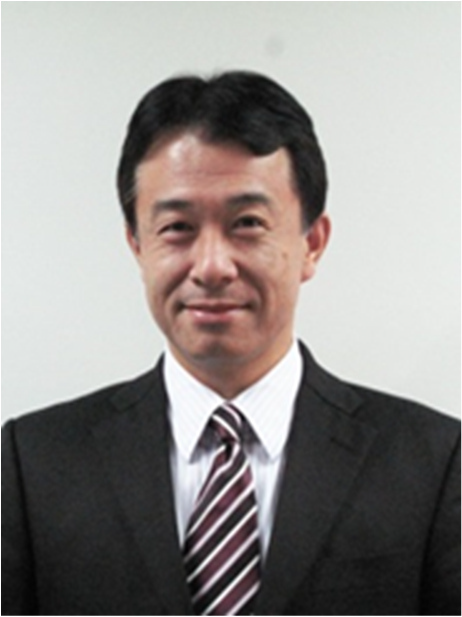Insights from Asian Development Bank
The Asian Development Bank (ADB) is a regional development bank established in 1966, headquartered in the Philippines. ADB’s vision is to achieve a prosperous, inclusive, resilient, and sustainable Asia and Pacific, while sustaining its efforts to eradicate extreme poverty. Despite the region’s many successes, 1 in 3 people still live under USD3.20 a day - that's 1.24 billion people.
As a multilateral development finance institution, ADB provides loans, technical assistance, and grants. Its clients are ADB’s member governments, who are also the shareholders of the bank. ADB also directly finances private sector projects to catalyze private sector investment in member countries. In 2017, ADB’s total operations reached USD 32.2 billion.
Tomoyuki Kimura, ADB’s Director General of the Strategy, Policy and Review Department will present ADB’s operational priorities, how the bank works and provide some case study examples.
Time: 11:30-12:30 PM, 1 November 2018
Venue: NIAS, room 18.1.08, CSS, University of Copenhagen, Øster Farimagsgade 5, 1353 Cph
Please register with Katrine.herold@nias.ku.dk before Friday 26 October 2018.
Bio
 Tomoyuki Kimura has more than 30 years of work experience, more than 14 years of which have been spent in ADB. Prior to joining the Strategy, Policy and Review Department (SPD), Mr. Kimura was Country Director in Viet Nam Resident Mission. He joined ADB in March 2000 as Energy Sector Specialist and was promoted to Senior Energy Sector Specialist. He left ADB in 2004 to re-join Japan Bank for International Cooperation (JBIC) as Country Director for Sri Lanka and Bangladesh. In 2006, Mr. Kimura returned to ADB as Principal Energy Specialist in South Asia Regional Department. He subsequently transferred to Budget, Personnel, and Management Systems Department.
Tomoyuki Kimura has more than 30 years of work experience, more than 14 years of which have been spent in ADB. Prior to joining the Strategy, Policy and Review Department (SPD), Mr. Kimura was Country Director in Viet Nam Resident Mission. He joined ADB in March 2000 as Energy Sector Specialist and was promoted to Senior Energy Sector Specialist. He left ADB in 2004 to re-join Japan Bank for International Cooperation (JBIC) as Country Director for Sri Lanka and Bangladesh. In 2006, Mr. Kimura returned to ADB as Principal Energy Specialist in South Asia Regional Department. He subsequently transferred to Budget, Personnel, and Management Systems Department.
Before joining ADB, Mr. Kimura was an Assistant Vice President in New York Branch of The Fuji Bank, Limited, Japan. He then worked with JBIC as Deputy Director of the Strategy Department. He also worked extensively on power sector projects for the Overseas Economic Cooperation Fund of Japan.
Organized by NIAS – Nordic Institute of Asian Studies and The Centre for Sustainability
and Society (SUSY), Faculty of Social Sciences, University of Copenhagen.
